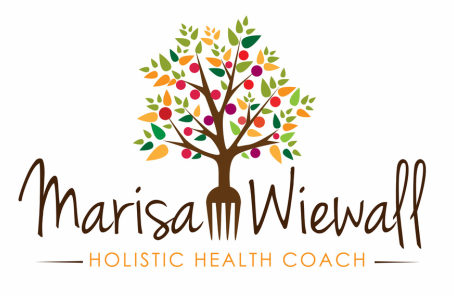A recent study from Harvard School of Public Health determined that healthiest diets cost about $1.50 more per day than the least healthy diets. Over the course of a year, this would increase food costs for one person by about $550 per year.
But is healthy food more expensive?... or is unhealthy food really cheap?
Food Politics 101
The latter is the answer. Unhealthy diets cost less because food policies at the government level have focused on the production of inexpensive, high volume commodities- like soy, wheat and corn. This, in turn, has led to the massive increase in production of highly processed food products for incredibly cheap prices (and amazing industry profits!).
Twenty billion dollars of our tax money goes to subsidies for this industrial food production every year.
Almost EVERYTHING processed- (anything in a box, can, or packaging)- has some form of very cheap and very processed soy or corn. In addition to this, most of these foods also contain additional unhealthy ingredients like sugar, processed salt, artificial flavors and colors, preservatives, additives, etc...
Externalized Costs
While these foods are cheap, you have to understand we are paying for food well beyond the grocery store checkout. We pay for food in our utility bills, taxes, and in our declining environmental and personal health.
Environmental Costs
Besides subsidies, additional tax money is required to clean up the mess created by this unsustainable system– polluted drinking water, infertile soil, ocean dead zones and overall misery in the surrounding areas.
Health Care Costs
For simplicity in health care, let's just count obesity as another externalized result of a cheap food system. The cheapest foods are high in calories and low in nutritional value – “junk” foods. When food is cheap, people eat more of it.
Abundant cheap food leads companies to aggressively market their products to be eaten any time, any place, and in very large amounts – all of which promote addictive, irresistible overeating.
Current estimates of the costs of obesity and its consequent illnesses in health care and lost productivity approach $147 billion annually, almost the same as the cost of unsafe food.
Safety Costs.
Food safety is one casualty of a food system devoted to low cost. Companies save money by cutting corners on oversight and overlooking safety violations. The Centers for Disease Control and Prevention (CDC) says food pathogens cause 48 million illnesses, 128,000 hospitalizations and 3,000 deaths each year.
Some experts say unsafe food costs Americans $152 billion annually – $1,850 for each case in health care and lost wages. Severe illnesses from E. coli O157:H7 can generate more than $1 million in health care costs alone, and ruin lives forever.
Conclusion.
This is a VERY complex topic, and one I consider very important. While I can afford healthy foods, I know for many is not an option. I worry about my health, my loved ones, and my clients. I worry about our country, the world, and the health of our planet. The system is broken and it needs to change.
This has ben a very simple introduction, or reminder, about the topic, but I encourage you to become more aware of this issue and perhaps read further. You can start by reading from authors like Marion Nestle and Michael Pollan and articles like these in the Washington Post, NY Times, and Bloomberg.
But most importantly ask yourself: can YOU spend $1.50 more a day for healthier foods?
Next week I will give you practical ways to buy healthier foods- priorities, planning, and a little economics!

 RSS Feed
RSS Feed